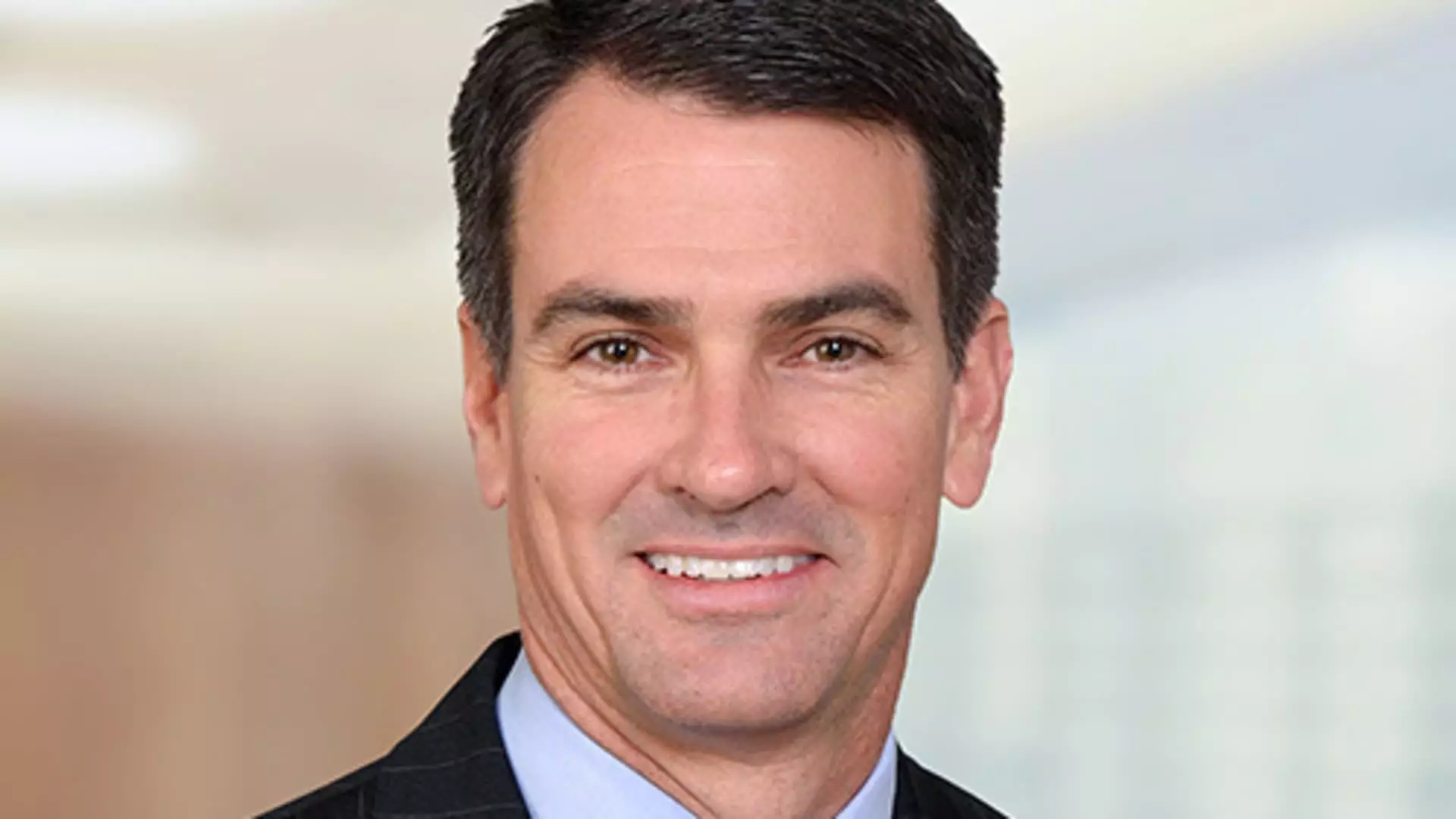In the realm of financial advisement, excitement often trumps meticulous strategy. Yet, Frederick MacLean, the president of Heritage Investment Group, takes a starkly different path, prioritizing stability over the thrill of market speculation. As 2024 beckons, Heritage has earned the prestigious title of the top financial advisory firm in the United States according to CNBC. But what lies behind this accolade? It’s a deeply embedded philosophy rooted in long-term investment and market avoidance.
MacLean embraces the moniker of “boring” when describing the company’s investment approach. For him and his team, the notion of market timing is not just an abandoned strategy—it’s a hard-and-fast rule. “We do not time the market for any reason,” he asserts, a conviction that has remained steadfast despite historic stock market highs, shifting inflation rates, sluggish job growth, and the geopolitical uncertainties surrounding an upcoming U.S. presidential election. Instead of reacting to the whims of the market, Heritage focuses on a fundamental philosophy: invest with a long horizon in mind.
Maintaining a focus on long-term investment does not merely reflect a passive strategy; rather, it demonstrates a calculated resilience against market volatility. MacLean articulates that having a “sound investment process” is paramount, particularly in today’s unpredictable climate. By constructing portfolios designed to endure economic tempests, they ensure their clients remain grounded despite the tumultuous nature of markets. This disciplined investment approach fosters a culture of patience and fortitude, significant traits for any investor hoping to weather future financial storms.
The Efficiency Paradox
One of the cornerstones of MacLean’s argument is the efficiency of markets. He posits that the dynamics of major market reactions—such as the Federal Reserve’s recent decision to cut interest rates—exemplify the unpredictability inherent in market movements. Initial reactions may indicate a downturn, as evidenced by the dip experienced when the news broke about the rate cut. However, this can quickly pivot, as seen when the Dow Jones Industrial Average and S&P 500 rebounded, achieving new record highs only days later. MacLean suggests that attempting to navigate these fluctuations is a gamble that more often than not ends in regret.
Beyond the numbers, MacLean presents compelling evidence that the most substantial market rallies often occur in the midst of recessions. For instance, data from Wells Fargo indicates that the ten best-performing trading days for the S&P 500 in the past 30 years coincided with economic downturns. This phenomena reinforces the pillar of MacLean’s strategy, highlighting the futility of trying to outsmart market logic.
MacLean seeks to cultivate a comprehensive understanding of client needs, going beyond mere investment strategies to embrace holistic financial planning. This includes retirement and estate planning, effective cash flow management, and tailored tax strategies. From the outset, he recognized the importance of delivering objective, fiduciary advice—a vital component in fostering long-term investor success. This approach proves crucial in establishing trust, thus bridging intergenerational gaps as clients recommend the firm to their children.
Heritage Investment Group, with its family-like atmosphere and strong interconnections among its 20 team members, prioritizes shared philosophy and cohesion. Established in 1993 with roots grounded in an estate planning law firm founded by MacLean’s parents, the practice carries a legacy that resonates within the firm’s culture.
With $1.7 billion under management and over 2,050 clients, Heritage Investment Group exemplifies that steadfast adherence to a rigorous investment philosophy can yield impressive results. In a fast-paced world, where many financial advisors chase trends, MacLean’s calm commitment to a “boring” yet disciplined approach has proven powerful. It is this unwavering resolve to remain focused on long-term goals that not only sets Heritage apart but will likely continue to pave the way forward in the ever-evolving landscape of financial advisement.

